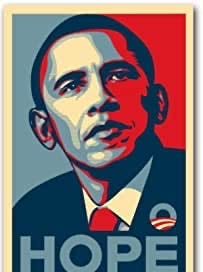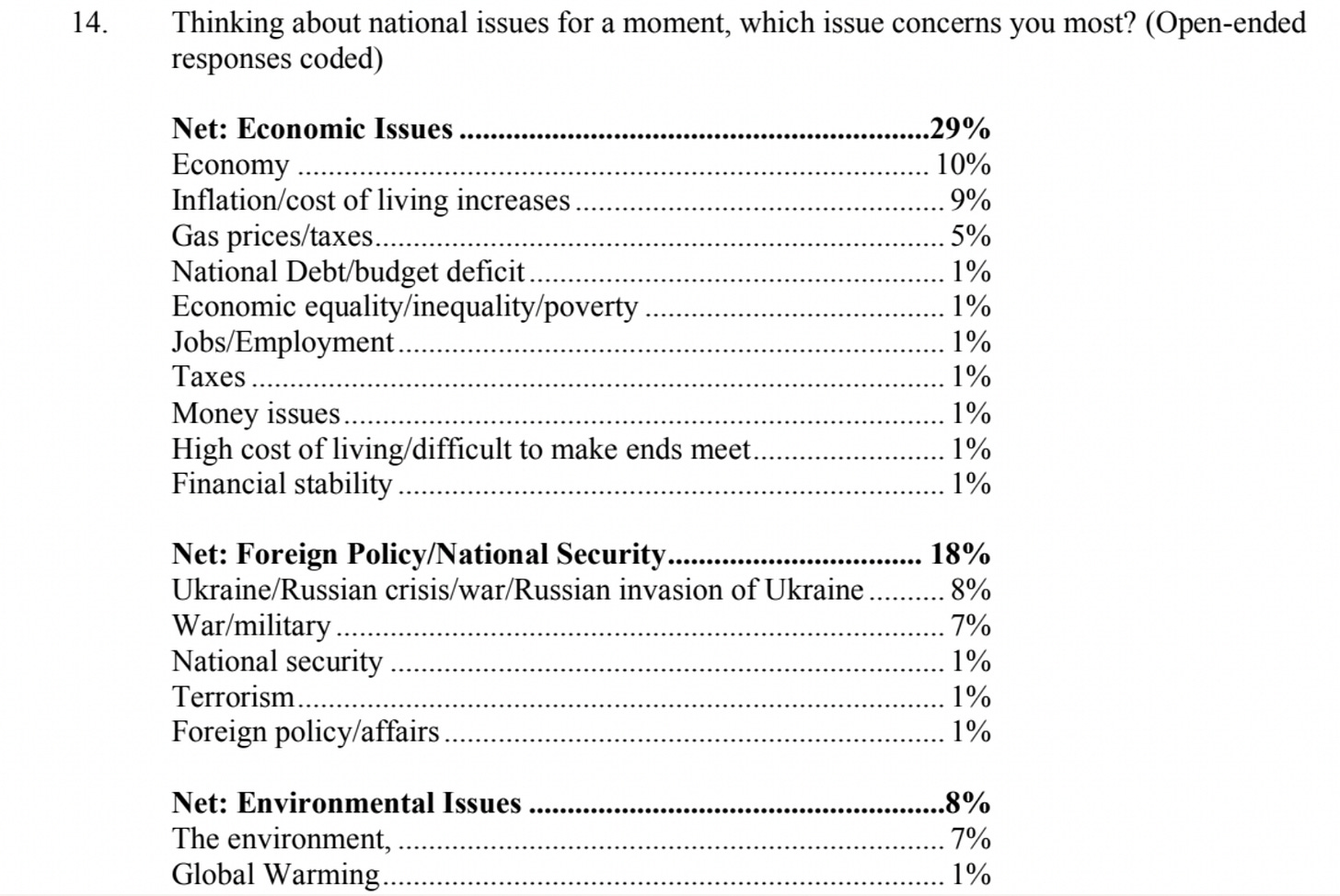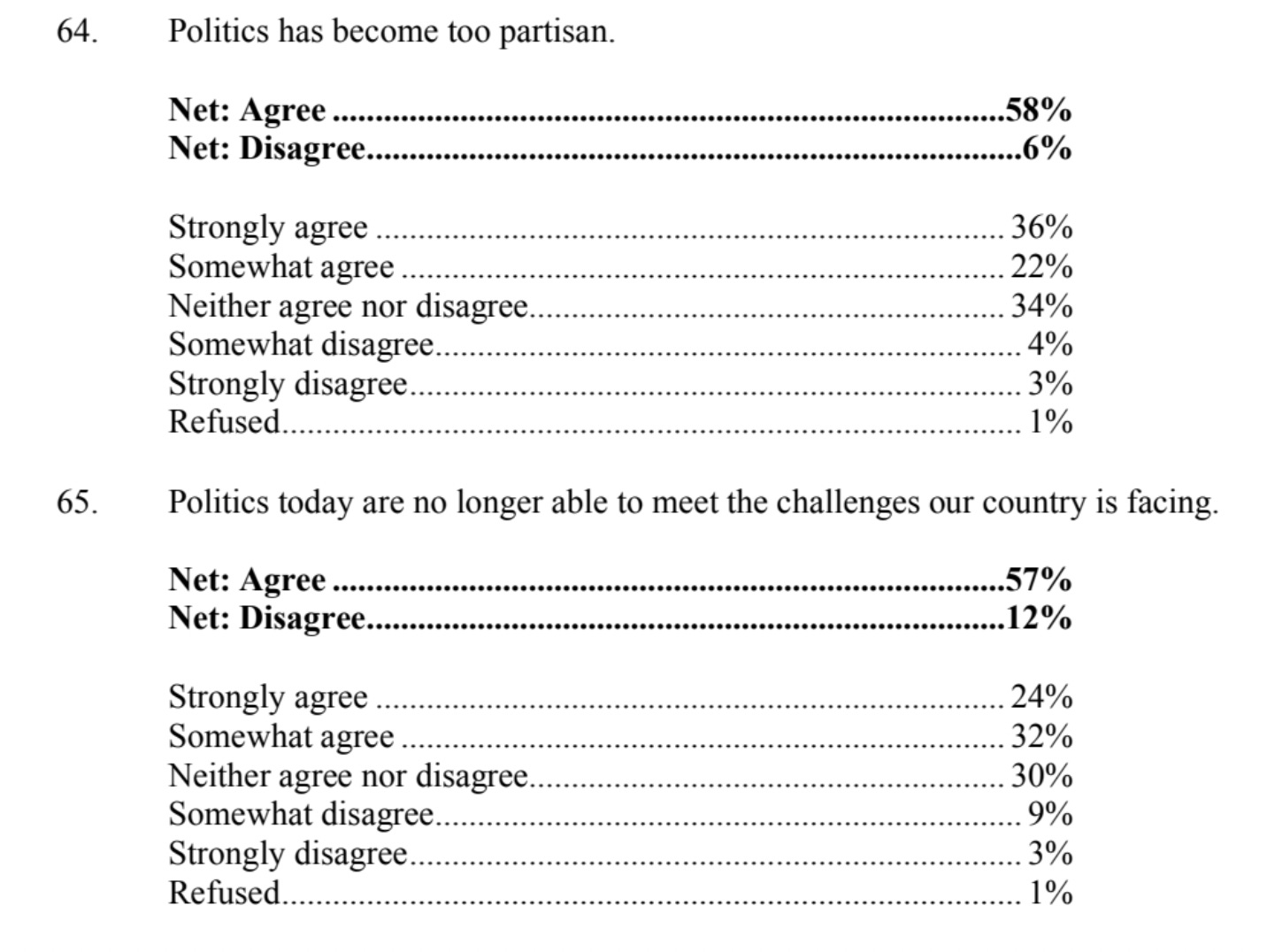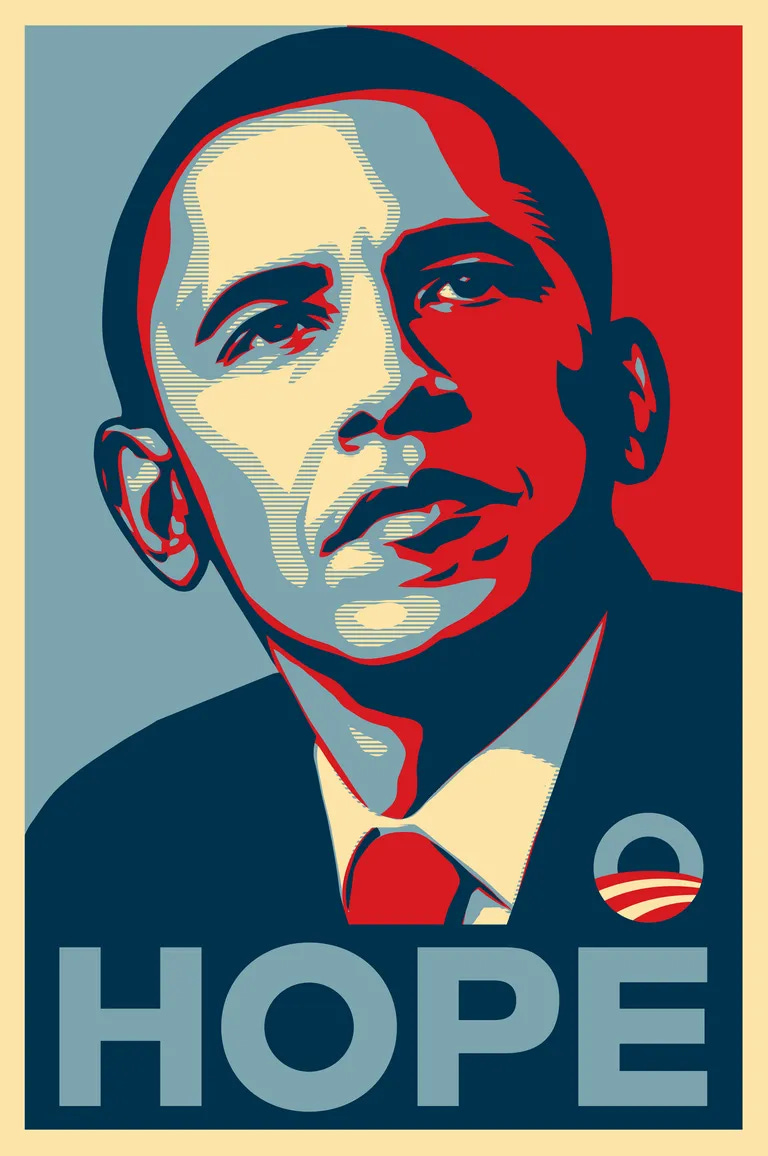“You don’t understand me.”
Young people are right. Political elites don’t see the complexity of their views or acknowledge their real concerns about the economy and the future.
All Americans would like their political leaders to listen to them and take their views into serious consideration when making policy decisions. This is the democratic way. Unfortunately for America’s young people, political elites today grossly misunderstand and distort their views in ways that undermine young people’s impact on the decisions of government and the direction of politics.
The stereotypes of young people run wide and deep. According to left-wing activists, young people primarily care about issues like student debt, climate change, and racial justice and will only support parties or leaders who take maximalist positions on these issues. In turn, this reductive conception of young people suits right-wing activists just fine, making it easier for them to decry the supposed radicalism of young people and tar their politics as hopelessly out of touch with more mainstream Americans.
But looking at the great new Harvard Youth Poll conducted with more than 2000 Americans ages 18-29, it turns out that much of this conventional and ideologically convenient wisdom is untrue. Young people are far more diverse in their political views than generally acknowledged, and the issues that tend to unify young people across educational lines—things like health care and fighting poverty—are not the same ones that the nation’s political elites are fighting about all the time. Most importantly, young people face serious economic challenges that contribute to an overwhelming sense of fear about the future, rising mental health challenges, and political disengagement.
Consider these findings:
Young people are not overwhelmingly liberal or Democratic—most are moderates and many are Independents with big divides by education level. According to self-reported ideology in the Harvard poll, the largest percentage of young people overall describe their politics as moderate: 45 percent of Americans ages 18-29 self-identify as moderate, with some of these moderates in turn leaning liberal or conservative in equal proportions. As seen in the chart below, only three in ten young Americans describe their political views as outright liberal with about one quarter classifying their views as conservative. Looking at young people who are not in college or do not have a four-year degree, one quarter call their political views liberal and an equal percentage label their views conservative. Nearly half of non-college young people label their political views as moderate. The most liberal group of young people are those with a four-year college degree, at 46 percent, with another 36 percent identifying as moderate and 16 percent as conservative.
Challenging assumptions about partisanship, young people are more likely to identify as Democrats than Republicans by a 38 percent to 25 percent margin, but nearly four in 10 young people call themselves Independents. When pressed, more young Independents say they are closer to Democrats than to Republicans, but the majority (54 percent) say they aren’t close to either party. Looking at the education divide in the chart below, a full 42 percent of those young people not in college or without a college degree self-identify as Independents—surpassing the percentage of self-identified Democrats or Republicans among this group. In contrast, 49 percent of young college graduates and 42 percent of current college students call themselves Democrats.
Although young people report having voted for Joe Biden over Donald Trump by a 57 to 31 percent margin in this poll, nearly 6 in 10 young people currently disapprove of how Biden is handling his job as president. In terms of prospective 2022 vote choice, only 36 percent of young people say they will definitely vote in the upcoming midterms, and 55 percent of these likely voters say they want Democrats to control Congress. Among less likely voters, however, young people are more split and undecided—31 percent favor Democrats; 24 percent favor Republicans; and 44 percent say they don’t know which party they would support if they voted at all.
In purely political terms, these findings suggest that the political identities of young voters remain up for grabs with Democrats holding some advantages among college graduates but many other young people remaining disengaged, unaligned, and unsure of which party or leaders to support.
Young people care most about the economy, inflation, and cost of living increases. When asked which national issues concern them most in an open-ended question, young people across the board cite economic issues above all others, with foreign policy and national security issues coming in second. In a separate question, nearly three quarters of young people report that their personal finances have been affected a lot or some by rising prices and inflation. Hot-button issues like global warming and racial justice may be important to certain segments of young people. But they score lower in this open-ended test suggesting that young people’s most important concerns around the economy are being overlooked by political elites.
The survey also presented young people with a series of statements about politics and government and asked them whether they agree or disagree with each one. Even though many young people are ambivalent about some of these policy matters, the results confound many of the stereotypes about young people and their views. For example:
Young people think cutting taxes is more effective than not in terms of increasing economic growth (39 percent agree/20 percent disagree).
Young people are more likely to believe that increased school choice for parents would improve education (43 percent agree/21 percent disagree).
Young people slightly disagree that qualified minorities should be given special preferences in hiring and education (31 percent agree/32 percent disagree). In a separate forced choice question specifically on this issue, young people are more likely to say that college admissions policies that consider race are discriminatory and should be banned rather than the alternative of continuing these race-based policies.
Although most young people overall believe the government should do more to curb climate change even at the expense of economic growth (52 percent agree/18 percent disagree), there is a big divide by education level over government action on climate change—only 44 percent of non-college young people agree with this idea compared to 70 percent of college graduates.
And only around one third of all young people agree that government spending is an effective way to increase growth (34 percent agree/23 percent disagree).
On the specific issue of student debt, young people clearly want something done but most do not favor blanket debt elimination. Only 38 percent of young people favor canceling student loan debt for everyone, including 36 percent of non-college young people and 39 percent of those with a college degree. Instead, one-fifth of young people would like to see student loan debt canceled only for those most in need while another 40 percent of young people would like to see some help offered on repayment options without canceling debt or no changes at all to student loan policies.
What really unites young people across education lines? Fighting poverty and ensuring decent living standards for all people. As seen below, 64 percent of all young people agree that health insurance is a right for all people and 57 percent agree that the government should spend more to reduce poverty. Sixty-three percent of young people also agree that necessities such as food and housing are basic rights that government should provide for those who can’t afford them.
The overarching sentiment among younger Americans is one of fear—not hope. As young people look ahead to the future, they are clearly worried for themselves and for their country. Asked whether they are more hopeful or more fearful about the future of America at this moment, 63 percent of young people say they are more fearful including majorities of young people across education lines.
More troubling than generalized fear about the future, more than 7 in 10 young people believe that the “United States has a mental health crisis,” and significant majorities of young people report feeling anxious, depressed, or hopeless in recent days with one quarter reporting thoughts of self-harm or suicide.
Young people think politics is too partisan and not focused on their concerns. Compounding overall fears about the future and personal mental health challenges, most young people express displeasure and distance from contemporary politics. As seen below, nearly 6 in 10 young people agree that “politics has become too partisan” and that “politics today are no longer able to meet the challenges our country is facing.”
More than half of young people also report that “people like me don’t have any say about what the government does,” and a plurality (43 percent) believes that their vote won’t make any difference. A striking 7 in 10 young people—including roughly three quarters of non-college young people, two thirds of current college students, and more than half of those with a college degree—do not consider themselves to be politically engaged or politically active.
Looking across all of these findings, it’s clear that young people need our help and support—but not in the ways that political ideologues like to portray the situation. Young people like other Americans face many economic challenges and fears about the future. They would like more confidence in their work opportunities and better capacity to save money and handle rising costs. Young people like other Americans want to lead fulfilling and economically secure lives. But they don’t see their government paying much attention to them or taking the full range of their concerns seriously. Subsequently, many young people have tuned out or given up on politics altogether.
Political leaders and parties should study this poll closely and listen more to the concerns of younger Americans rather than assuming they understand their interests and desires.












